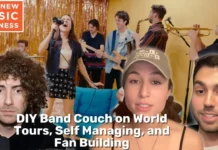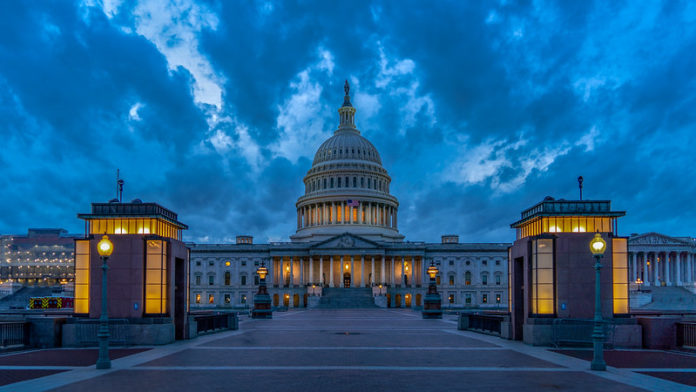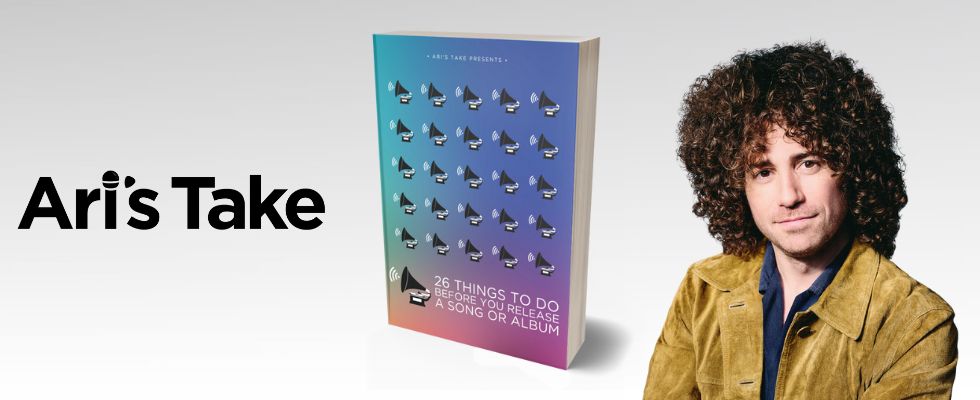Last month musicians and other independent contractors got a HUGE win by getting included in the CARES Act benefits program.
Independent contractors were promised at least $600/week from this stimulus package. However what ended up happening, in many cases, was far from that.
Besides the fact that people had to apply for this funding through their state’s programs, and many states didn’t open up applications until over a month after the lockdown started (California’s application didn’t get up on the EDD website until April 28th and it was riddled with errors), it missed one key issue that most musicians struggle with – mixed income.
+Musicians Will Receive Assistance Under Stimulus Package
What’s mixed income?
If some jobs you worked issued you a W2 and others issued you a 1099, this is mixed income. Currently the unemployment benefits program under the CARES Act is binary – either you receive unemployment insurance for the W2 work or PUA (Pandemic Unemployment Assistance) which covers the 1099 independent contracting work. However, if you have both, the program requires you to apply for traditional unemployment insurance which only looks at your W2 income which may represent a tiny fraction of your actual earnings.
Los Angeles based freelance cellist (and IMPU member ) Danica Pinner told Billboard that after jumping through all the hoops and applying for the PUA insurance the day it was available in California (April 28th), in the end she was only awarded $85 a week.
“We kind of feel cheated because we were told to wait while everyone else was filing for unemployment… until they made it better for freelancers,” she says. “And then [I only got $85]. And [I’m] like, well, what was the point?”
Congressmen Adam Schiff, who represents parts of Los Angeles, has heard our pleas and is spearheading the efforts to help fix this.
He issued a letter to the House Speaker and Minority Leader.
In it he states:
“Due to the sporadic and unpredictable nature of work in film, television, theater, and music, many professionals in the entertainment industries earn a living through a combination of traditional (W-2) and independent (e.g. 1099) employment. As a result, even if they have lost a substantial source of income due to coronavirus-related disruption of their independent work, these workers are ineligible for PUA. Some of these workers may qualify for regular unemployment compensation if they have also lost their W-2 work, but this can significantly under-measure their true earnings. And those whose W-2 income has continued but only represents a small portion of their earnings—for example, a worker who receives residual income from a previous project—are left with greatly reduced income yet are ineligible for any unemployment assistance.
As you consider additional legislation to respond to COVID-19, we urge you to consider language to ensure that independent workers with mixed sources of income are able to access the same relief to make up for lost work that the CARES Act provides to those with more traditional employment arrangements.”
But we need your help!
First! Sign this petition so the Speaker realizes this is actually a big issue and introduces a Bill to get musicians the relief we desperately need.
And please write your representative here. This is a very simple form where you can just type in your name and address and it will send the below letter directly to your reps:
My name is ______ and I live in your district in ______.
I am writing to ask that Congress act to protect the millions of musicians, songwriters, technical professionals, and fans who make the American music industry a critical economic driver and major cultural export for our country. These people have a major impact in every state, but they aren’t all rock stars: the vast majority rely on non-traditional work arrangements to make a middle class living. The shutdown of our public lives during this unprecedented time has left many of them without an income for the foreseeable future. We need American music to survive, and they need our help.
The CARES Act made important changes to our social safety net to ensure that gig workers could access relief during this crisis. But many in the entertainment industry have been denied CARES Act benefits because of unclear and burdensome regulations. Congress can fix these issues easily, and should ensure the the entire “gig” economy is eligible for CARES Act relief.
Losing music means more than losing a nearly $150 billion contribution to our GDP. Music and the people who make it will give us the soundtrack to make it through these hard times, and help us make better memories when we make it through together. Please work with your colleagues to make the CARES Act work for the creators in our community.


















